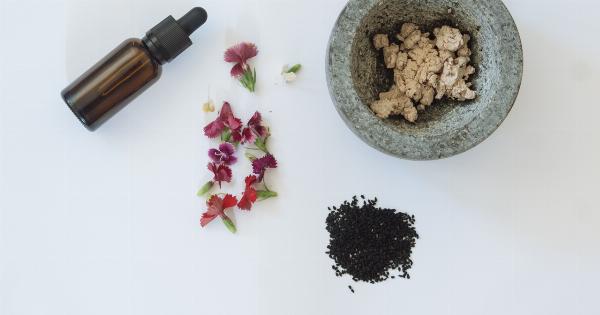Psoriasis is a chronic autoimmune disease that affects the skin. It’s caused by a faulty immune system that attacks healthy skin cells, resulting in red, scaly patches of skin.
The condition can be embarrassing and uncomfortable for those who suffer from it. In severe cases, it can also impact a person’s quality of life. However, with systematic treatment, complete skin clearance can be achieved for people with psoriasis.
What is psoriasis?
Psoriasis is a non-contagious skin condition that affects around 2% of the population. It can range from a few localized patches of skin to covering a large area of the body.
The condition is caused by the acceleration of skin cell growth, resulting in red, scaly patches of skin that can be itchy and painful. Psoriasis is usually found on the elbows, knees, scalp, and trunk of the body.
What causes psoriasis?
Although the exact cause of psoriasis is unknown, it’s believed to be caused by a combination of genetics and environmental factors. The immune system is responsible for the growth of skin cells.
In people with psoriasis, the immune system mistakenly attacks healthy skin cells, resulting in the characteristic red, scaly patches of skin.
What are the symptoms of psoriasis?
The symptoms of psoriasis can vary from person to person. Common symptoms include:.
- Red, scaly patches of skin
- Itchy skin
- Painful skin
- Joint pain and stiffness
How is psoriasis diagnosed?
A dermatologist can diagnose psoriasis by examining the affected skin. In some cases, they may need to take a skin biopsy to confirm the diagnosis. Blood tests may also be done to rule out other conditions.
What are the treatments for psoriasis?
Currently, there’s no cure for psoriasis. However, there are treatments available that can help manage the symptoms of psoriasis. The treatment options for psoriasis include:.
- Topical treatments (creams, ointments, and gels)
- Phototherapy (exposure to ultraviolet light)
- Systematic treatments (oral or injectable medications)
What is systematic treatment for psoriasis?
Systematic treatment for psoriasis involves taking oral or injectable medications to manage the symptoms of psoriasis. These medications work by suppressing the immune system, which helps reduce the growth of skin cells.
The most commonly used systematic treatments for psoriasis include:.
- Methotrexate
- Cyclosporine
- Biologics
Methotrexate for psoriasis
Methotrexate is a medication that’s been used for many years to treat psoriasis. It works by suppressing the immune system, which helps reduce the growth of skin cells. Methotrexate is taken in pill form once a week.
There are some potential side effects to taking methotrexate, including liver damage, so close monitoring by a doctor is necessary.
Cyclosporine for psoriasis
Cyclosporine is an oral medication that suppresses the immune system. It’s used for the short-term treatment of psoriasis and is often used in severe cases. The medication is taken twice a day.
There are potential side effects to taking cyclosporine, including kidney damage, so close monitoring by a doctor is necessary.
Biologics for psoriasis
Biologics are a newer class of systemic medications for psoriasis that are made by living cells. They work by targeting the specific cells and proteins that are involved in the immune system’s response to psoriasis.
Biologics are given by injection or infusion. These medications are often more effective than traditional systemic treatments and have fewer side effects. However, they are more expensive and require closer monitoring by a doctor.
Complete skin clearance with systematic treatment for psoriasis
Systematic treatment can be effective in achieving complete skin clearance for people with psoriasis. Methotrexate and cyclosporine have been shown to be effective in managing the symptoms of psoriasis and achieving clear skin in many cases.
Biologics have shown even more promising results, with a high rate of complete skin clearance in clinical trials.
Conclusion
Psoriasis is a chronic skin condition that can be embarrassing and uncomfortable for those who suffer from it. Fortunately, systematic treatment can help manage the symptoms of psoriasis and achieve complete skin clearance in many cases.
Methotrexate, cyclosporine, and biologics are all effective options for managing psoriasis. Consulting with a dermatologist is the first step in finding the best treatment plan for your individual case.





























